Adderall is a stimulant commonly prescribed for treating attention-deficit hyperactivity disorder (ADHD) and narcolepsy. While it can effectively treat these conditions, it can also lead to dependence, addiction, and withdrawal symptoms. Suppose you or someone you know is struggling with Adderall addiction or dependence. In that case, you may wonder how long it takes to recover.
In this article, we’ll explore the timeline of Adderall withdrawal and recovery, the physical and psychological effects of Adderall use and withdrawal, and strategies for managing withdrawal symptoms. By the end of this article, you’ll better understand what to expect during the recovery process.
Timeline of Adderall Withdrawal and Recovery
The timeline of Adderall withdrawal and recovery can vary depending on the individual and the severity of their addiction. However, some general guidelines can help you understand what to expect during recovery.
Withdrawal symptoms usually begin within a few hours to a few days after the last dose of Adderall. The first few days of withdrawal can be the most intense, with symptoms such as fatigue, depression, and intense cravings. These symptoms can last for several days to a few weeks.
After the first few weeks, the intensity of withdrawal symptoms typically begins to decrease. However, it’s common for individuals to experience lingering symptoms such as depression, fatigue, and cravings for several months after stopping Adderall use.
It’s important to note that recovery is not just about getting through the withdrawal phase. Recovery is a lifelong process that involves addressing the underlying causes of addiction and learning healthy coping strategies to prevent relapse.
Physical and Psychological Effects of Adderall Use and Withdrawal
Adderall works by increasing the levels of norepinephrine and dopamine in the brain, which can lead to euphoria, increased energy, and improved focus. However, prolonged use of Adderall can lead to a range of physical and psychological effects.
Physical effects of Adderall use can include decreased appetite, weight loss, insomnia, headaches, and increased heart rate and blood pressure. Prolonged use of Adderall can also lead to more severe health issues, such as cardiovascular problems, seizures, and psychosis.
Psychological effects of Adderall use can include anxiety, paranoia, aggression, and hallucinations. Prolonged use of Adderall can also lead to changes in brain function, making it more difficult to feel pleasure and reward without the drug.
When an individual stops using Adderall, they may experience a range of withdrawal symptoms as their brain adjusts to the absence of the drug. These symptoms can include fatigue, depression, anxiety, irritability, and intense cravings for the drug.
Strategies for Managing Withdrawal Symptoms
Suppose you or someone you know is going through Adderall withdrawal. In that case, several strategies can help manage withdrawal symptoms and increase the chances of a successful recovery.
The first step in managing Adderall withdrawal symptoms is to seek professional help. Addiction specialists can provide support and guidance through the recovery process. They may prescribe medications or recommend therapy to help manage withdrawal symptoms.
In addition to seeking professional help, several other strategies can help manage withdrawal symptoms.
These include:
- Practicing self-care can include getting enough rest, eating a healthy diet, and engaging in regular exercise or other physical activities.
- Avoiding triggers: It’s important to avoid people, places, and situations that may trigger cravings for Adderall.
- Learning healthy coping strategies: This can include practicing relaxation techniques such as meditation or yoga, learning new hobbies or skills, or seeking support from friends and family.
- Staying accountable: It can be helpful to have someone to be responsible to
Getting Help for Adderall Recovery
If you or someone you know is struggling with Adderall addiction or dependence, it’s important to seek help as soon as possible. Addiction specialists at Long Island Rehabs can provide support and guidance through recovery and may prescribe medications or recommend therapy to help manage withdrawal symptoms.
Treatment options for Adderall addiction can include inpatient or outpatient rehab, therapy, and support groups. Finding a treatment program tailored to your needs and goals is important. Remember that recovering from Adderall addiction is a lifelong process that requires dedication and commitment, but achieving lasting sobriety with the right support and strategies is possible.


